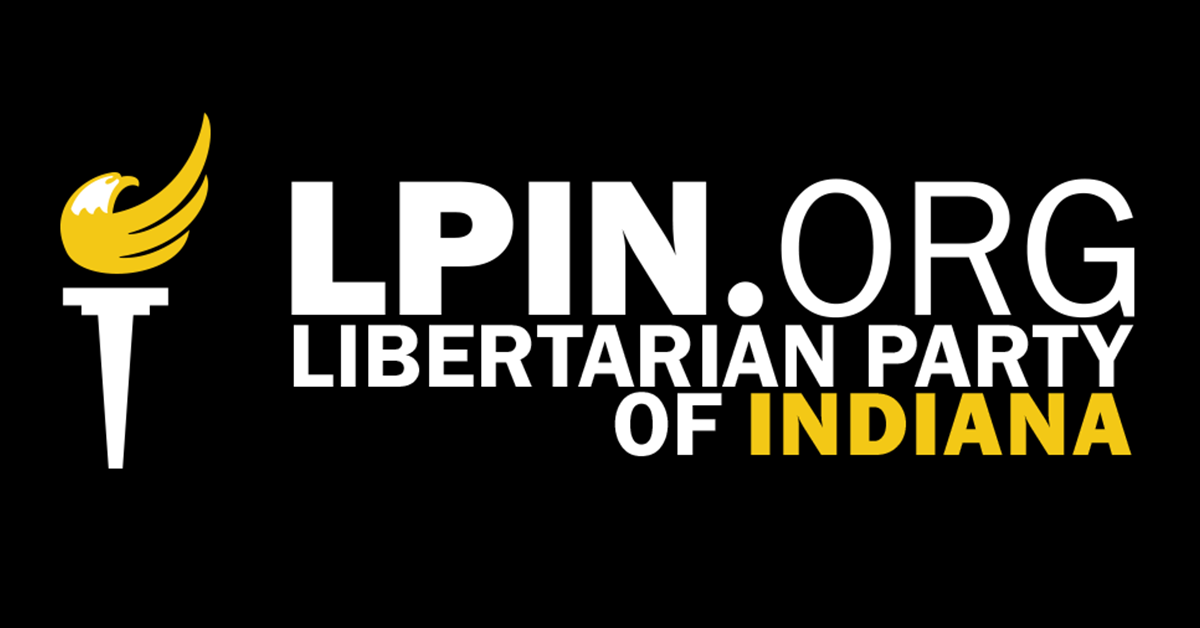A student is having a bad day and goes to the guidance office for some help and support.
There, instead of meeting a counselor, the person offering advice is a retired minister, who is not necessarily trained to counsel teenagers, but whose primary training is in providing spiritual support.
While some Hoosiers may be fine with this scenario, change “minister” to “rabbi” or “imam,” and the same people would shudder.
Senate Bill 50, which is currently moving through the Indiana General Assembly, would allow charter and traditional public schools to hire chaplains to provide “advice, guidance and support services to students and employees of the school.”
The chaplain would be required to have a graduate degree in divinity, theology or related fields such as religious studies, as well as having counseling experience – although not necessarily with schoolchildren. That requirement would essentially allow schools to hire clergy – whose counseling is often done more with families and adults – to provide such services to students.
Chaplains will be allowed to give counseling services to students, but do not have to go through the same training as a school counselor or social worker.
As Libertarians, we believe strongly in religious freedom, but we also believe equally as strongly that the state should not be sponsoring religious activity, nor should it be prioritizing one faith tradition over another. The first words of the First Amendment clearly state government cannot establish religion, nor can it prohibit its free exercise.
While it is not explicitly stated in the bill, it is clear the intent is to place Christian clergy in schools and provide faith-based counseling.
However, public schools serve all students in their communities – Protestant, Catholic and Orthodox Christians, but also Jews, Hindus, Sikhs, Muslims, atheists, agnostics and others who are purely secular or are of different faiths.
The bill expressly states a school-employed chaplain can provide religious advice, guidance and support if the parent provides permission to do so.
In doing so, this allows a school to prioritize one faith over others, unless a school is prepared to hire chaplains of several different faith traditions. Even within Protestant Christianity, there are hundreds of denominations that span from very theologically and socially progressive to conservative, and a member of a progressive church – such as the United Church of Christ – would probably not want a Southern Baptist providing religious-based counseling, or vice-versa.
If Protestant chaplains are present, what support do Catholic students have? If Catholic chaplains are provided, what support to Jewish or Muslim or other students have?
Even if the chaplains are volunteers, how many faith traditions do they need to have knowledge of or a background in to provide proper religious-based counseling? And would they firmly be able to provide purely secular counseling to those who do not provide permission? This bill creates a lot more questions than it provides answers.
Beyond that, the simple reason to oppose this bill is that it’s unconstitutional. It breaches the wall of separation of church and state that was erected by the First Amendment’s Establishment Clause, which was written not just to protect the state from religious influence, but to protect religion from the state’s influence. That tradition began with Roger Williams, who built the Baptist Church in America in the 17th century based on the idea that church and state remain separate, lest they corrupt each other.
Taxpayer dollars should not be used in any way, even a benevolent one, to provide religious and non-secular support to students. That’s especially so if they’re being used to hire people whose qualifications to provide counseling services are based solely on religious training.
A parent or student should be free to seek out support from clergy, but that should happen at home or in the student’s faith community, not in a public school.
Especially in an institution whose charge is to serve all in the community, religious-based training and support breaches the wall of separation of church and state, prioritizes certain faiths over others, and ends up serving a small minority of students at a cost to all.
For all of these reasons, SB 50 should not make it out of the Legislature.

